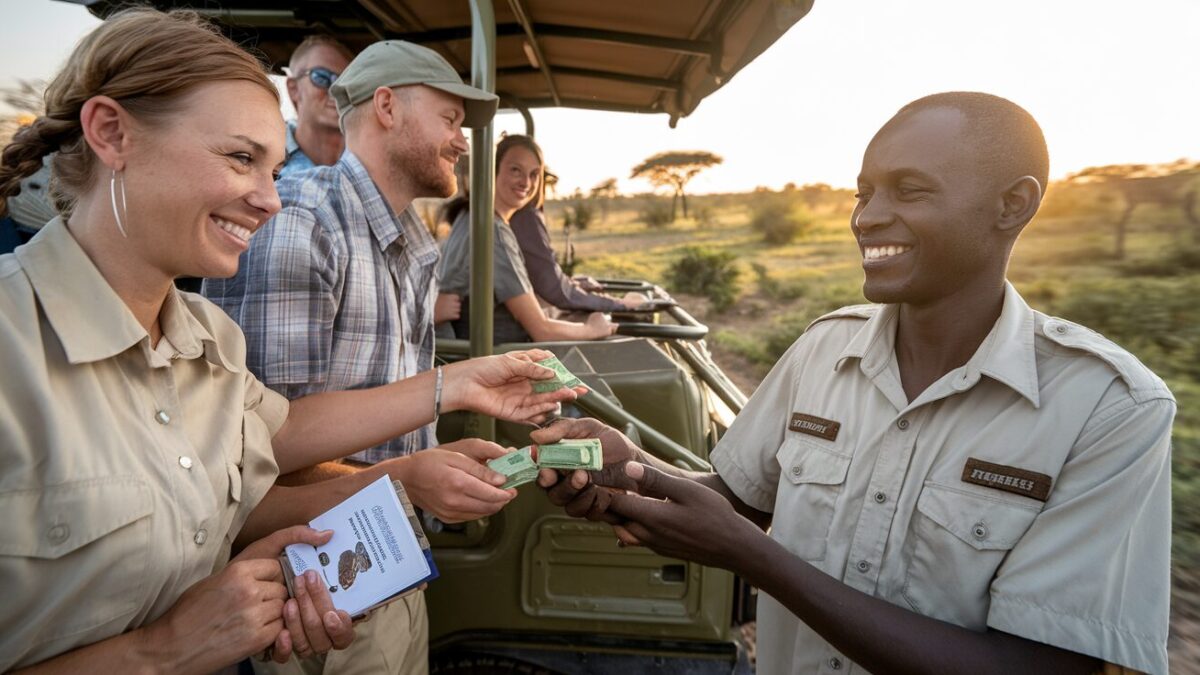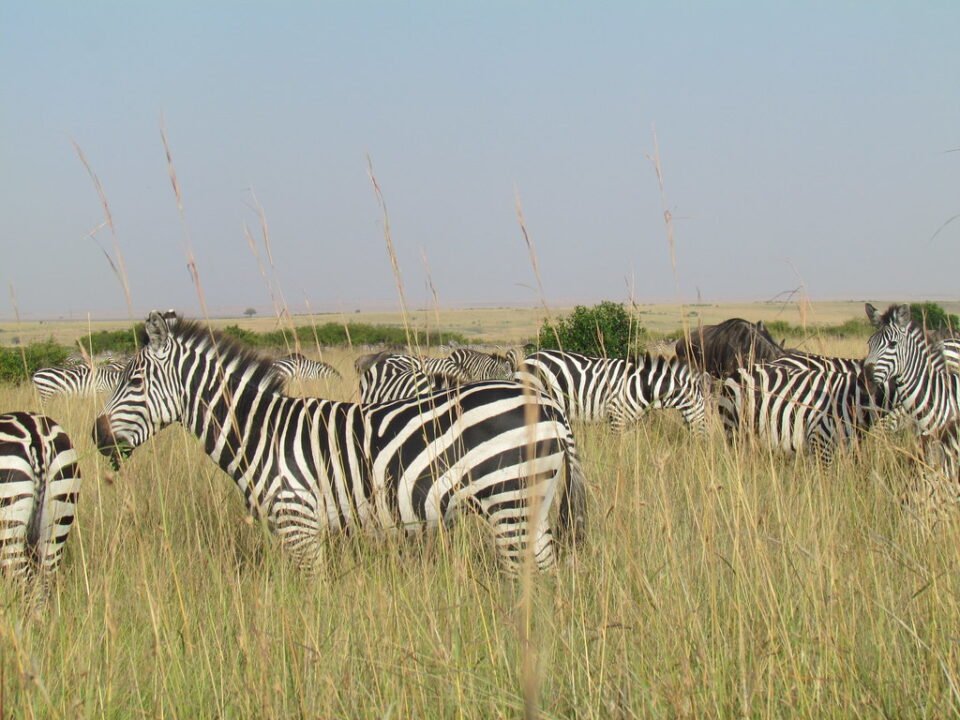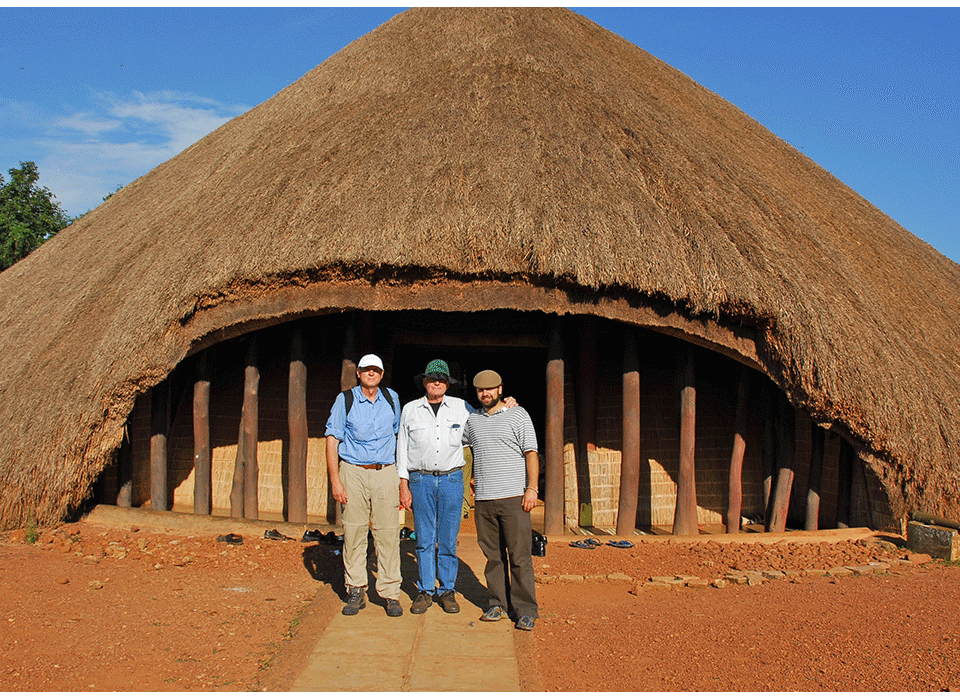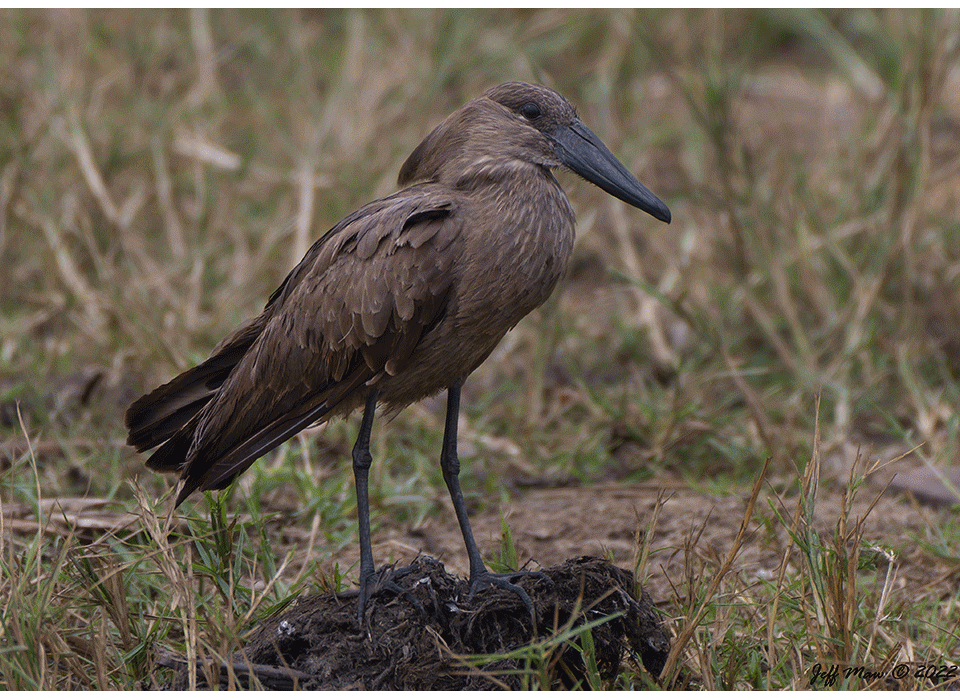
Can I pay with credit cards at lodges?
November 20, 2025
How much should I tip safari guides?
November 20, 2025What’s the Tipping Culture Like in Kenya?
Traveling through Kenya reveals far more than sweeping savannahs, towering escarpments, and the soul-stirring presence of wildlife. It also welcomes you into a warm, service-oriented culture where hospitality is woven deep into everyday life. For many first-time visitors, the question of how, when, and how much to tip can feel confusing, especially when travelling across different regions, lodges, national parks, and cities. Kenya does not have a rigid national tipping requirement, but there is a well-understood appreciation for considerate gratuities, especially in the tourism and safari sector where service standards are exceptionally high.
This detailed guide walks you through everything you need to know about tipping in Kenya: who to tip, recommended ranges, cultural etiquette, and how to navigate tipping across lodges, camps, restaurants, safari vehicles, and city-based services. By the end, you’ll feel confident knowing your gratuities genuinely support the hardworking teams who shape your safari experience.
Understanding the Role of Tipping in Kenya’s Tourism Culture
Kenya’s tourism sector is a major contributor to income and livelihood for thousands of local communities. From safari guides whose deep bush knowledge brings wildlife moments alive, to room stewards who prepare your tent after a long day of game drives, to porters and waitstaff who deliver warm smiles and seamless service, tipping is often a meaningful supplement to their monthly salaries. Although not mandatory, it is an established cultural norm to offer gratuities as an appreciation of excellent service.
Tipping is not seen as a handout or an obligation. Instead, it is perceived as gratitude for good work, acknowledgment of effort, and a way of reinforcing the pride that Kenyan workers pour into hospitality. This is especially true in safari camps and lodges, where teams work long shifts far from home to ensure guests enjoy unforgettable, carefree experiences.
Tipping Safari Guides and Drivers
Your safari guide or driver is often the person you will spend the most time with during your journey. Their tracking expertise, wildlife interpretation, road navigation, and safety oversight form the backbone of any safari adventure. A good guide can turn an ordinary drive into a memorable story, reading animal behaviour, predicting movements, and positioning you perfectly for photographs.
Because of their essential role, guides typically receive higher gratuities than other staff categories. A common range for safari guides in Kenya falls between USD 10 to USD 20 per guest per day, depending on the quality of service and the length of your safari. Some travellers tip more when guides go the extra mile, such as staying out longer for special sightings, assisting with photography setups, or providing deep natural history explanations.
Importantly, tipping your guide is done directly and personally at the end of your safari, usually in an envelope or a handshake, accompanied by verbal appreciation. This gesture is highly valued in Kenyan culture.
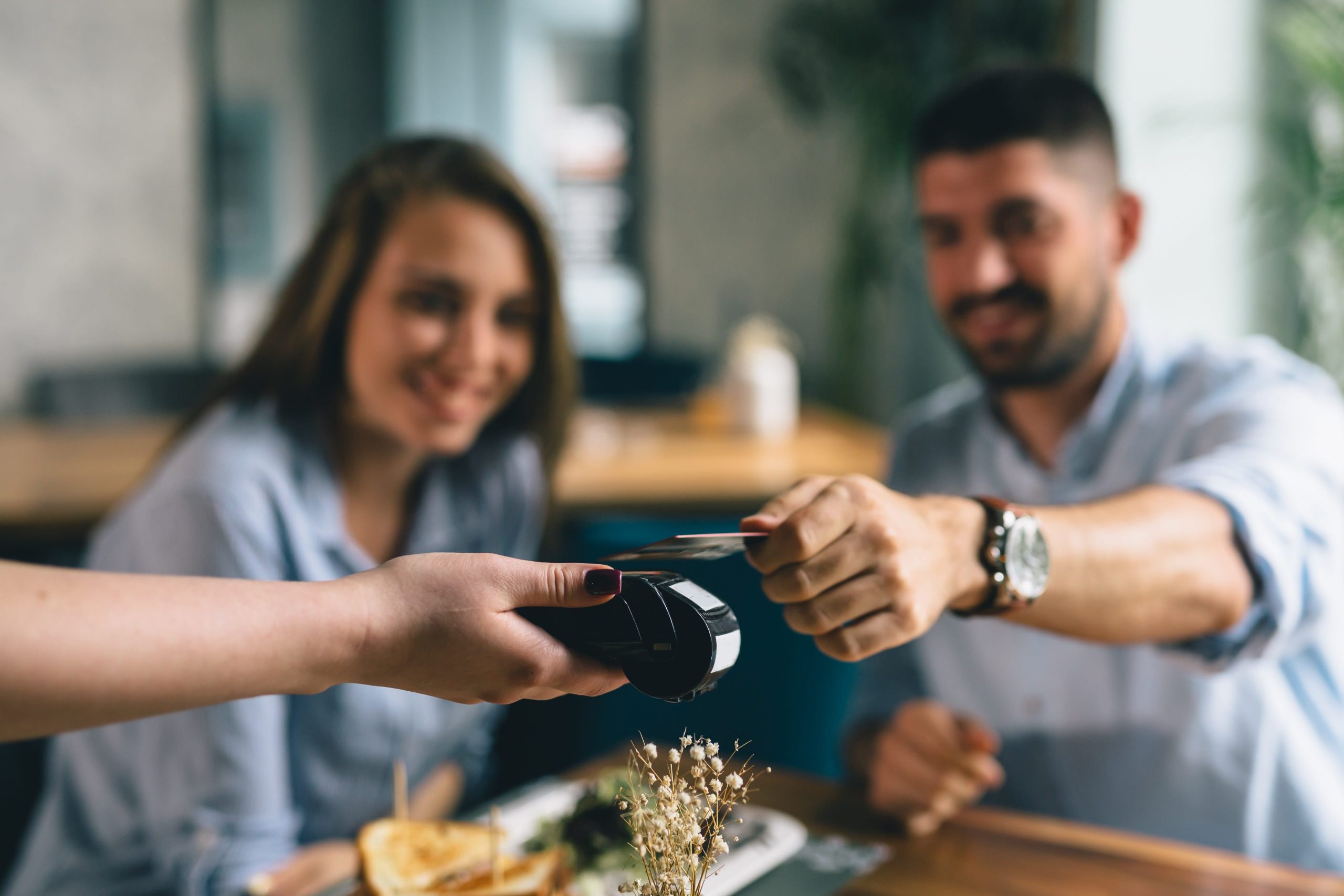 Tipping Lodge and Camp Staff
Tipping Lodge and Camp Staff
Safari lodges and tented camps operate with teams working behind the scenes to create a seamless guest experience. These include room stewards, chefs, waiters, cleaners, porters, gardeners, and laundry staff. While you may not interact with every staff member individually, their collective effort significantly shapes your comfort.
Most mid-range and luxury camps in Kenya maintain a general tip box at reception or in the main lounge. Guests can place one shared gratuity that is later distributed equally or according to internal systems across all staff. This avoids the burden of trying to tip each person individually and ensures fairness among the entire team.
A typical recommended amount for lodge staff ranges between USD 5 to USD 10 per guest per night. Some travellers choose to increase this amount in premium lodges or during peak seasons when staff workload is high. What matters most is sincerity; even modest contributions are appreciated.
Tipping in Restaurants and Urban Settings
In Nairobi, Mombasa, Kisumu, and other Kenyan cities, tipping norms follow more modern hospitality patterns. Many restaurants do not automatically add service charges to bills, though some upscale establishments may include a ten-percent service fee. Where no service fee is included, diners commonly tip between 5% and 10% of the total bill, depending on satisfaction with service quality.
For café service, baristas, and casual dining spots, smaller gratuities in the range of USD 1 to USD 3 are welcomed. In bars, tipping is not mandatory but bartenders appreciate small tokens, especially for exceptional cocktail preparation or attentive service.
Taxi drivers, including Uber, Bolt, or local taxi operators, do not expect tips but gladly accept small gestures such as rounding off the fare. For private transfers, especially longer intercity drives, USD 3 to USD 5 is considered polite.
Tipping Porters, Baggage Handlers, and Airport Staff
Porters at hotels, lodges, or airports handle luggage efficiently and often under significant physical demand. Offering USD 1 to USD 2 per bag is customary. In more upscale hotels or safari camps, some guests choose USD 5 for overall assistance, especially when luggage is heavy or involves multiple transfers.
At airports, tipping is optional and never expected, but porters who load and unload bags appreciate a modest token of thanks.
Cultural Etiquette: How to Tip Respectfully in Kenya
Understanding the etiquette around tipping is as important as knowing the amount. In Kenyan culture, giving gratuities discreetly and respectfully is valued. Public displays of tipping can cause discomfort or be misinterpreted.
Tipping in envelopes, especially at lodges, is considered polite and organized. Many camps provide small envelopes in guest rooms specifically for this purpose. For guides and drivers, handing the envelope with a warm smile and verbal acknowledgment fosters genuine connection.
Travellers should prioritize local currency (Kenya Shillings) or USD in good condition. Torn or overly worn USD notes may be rejected by local banks. Higher denomination notes are best avoided unless the tip justifies it, making USD 1, 5, and 10 notes extremely useful during your trip.
Tipping on Group Safaris Versus Private Safaris
Private safaris typically involve more personalized attention, and tipping amounts reflect this. On group tours, gratuities are usually slightly lower per person because the guide receives contributions from multiple travellers. Lodges also maintain structured systems to ensure equitable distribution for group visitors.
If you are travelling on a customized private safari, guides often dedicate long hours exclusively to your desires, whether that means extended bush walks, special sunrise drives, or tailored photography opportunities. In such cases, tipping toward the higher end of the range is common.
When and When Not to Tip
Although tipping is appreciated widely, it should always remain discretionary rather than obligatory. Guests should never feel pressured. Instances where tipping is not necessary include government offices, national park staff, museum attendants, and shopkeepers. In markets, bargaining is part of the cultural rhythm, but tipping sellers is not expected.
Travelers should also be cautious about tipping children or giving money to unsupervised minors, especially in rural areas, as responsible tourism discourages this practice. Instead, supporting community initiatives or local conservation groups creates a more meaningful impact.
How Much to Budget for Tipping During a Kenya Safari
Budgeting ahead makes tipping stress-free and ensures you are never caught off guard. For a one-week safari, a good budgeting outline includes gratuities for guides, lodge staff, porters, and any additional city services before or after the safari. Many travelers allocate between USD 80 and USD 150 per person for the entire trip, but this can be adjusted based on personal style, lodge category, and the level of individual service provided.
The Value of Tipping Beyond Money
While monetary gratuities are appreciated, Kenyan hospitality thrives equally on kindness, gratitude, and mutual respect. Sometimes a simple “Asante Sana” (thank you very much) spoken warmly in Swahili lights up a smile more brightly than anything else. Writing a positive comment in the lodge guestbook, leaving a short handwritten note, or giving positive feedback to management about exceptional staff can significantly help their career growth.
Tipping becomes not only a support for individuals but a gesture that deepens your connection with the people around you, making your Kenyan experience feel richer and more personal.
Travel with Professionals Who Value Local Communities
Understanding tipping culture is just one part of preparing for an enriching Kenyan adventure. Choosing a professional, community-rooted tour company ensures your safari is responsibly organized, culturally respectful, and designed for unforgettable experiences. If you want a well-coordinated journey that handles every detail, from lodge selection to cultural etiquette guidance, personalized game drives, and smooth local logistics, Experiya Tour Company stands out as a trusted partner.
Their team values local communities, collaborates with experienced guides, and ensures every aspect of your safari aligns with ethical travel practices. For a trip that blends comfort, discovery, and authentic engagement with Kenyan culture, booking with Experiya Tour Company is highly recommended.

